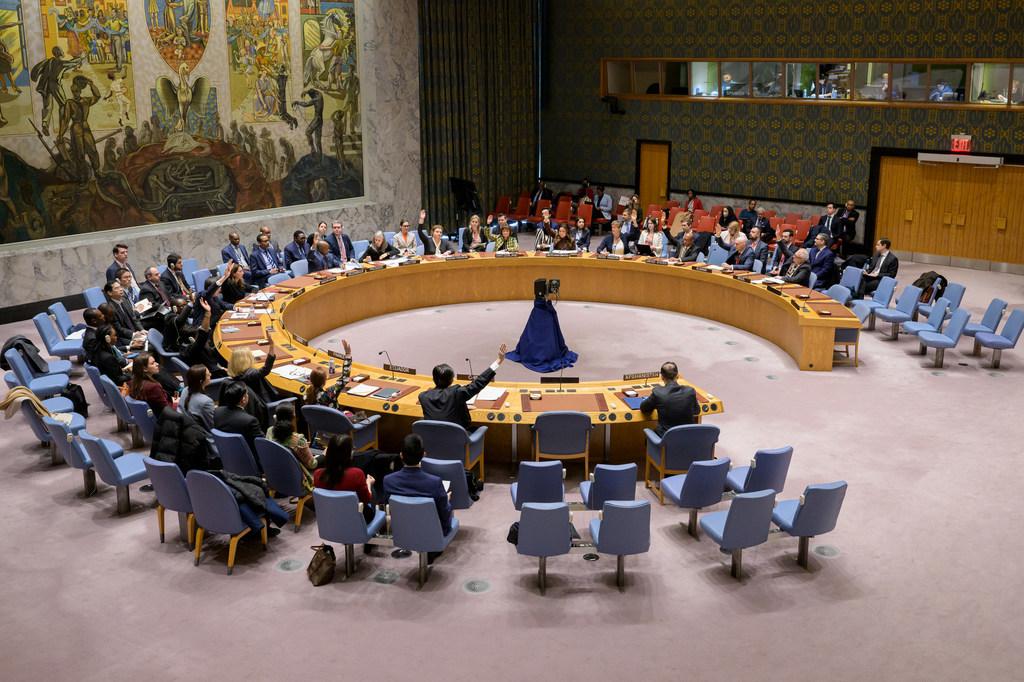In a landmark resolution, the UN Security Council on Thursday 27th April, 2023 condemned the de facto rulers of Afghanistan’s decision to ban women nationals from working for the United Nations, calling for Taliban leaders to “swiftly reverse” their decision.
The resolution passed unanimously by the 15-member body in New York, calls for the “full, equal, meaningful and safe participation of women and girls in Afghanistan”, and urges all countries and organisations with influence on the fundamentalist rulers of the country, “to promote an urgent reversal” of policies which have in effect erased women from public life.
Since the Taliban takeover of July 2021, when its forces toppled the democratically-elected Government, it has rolled back a wide range of human rights of women and girls, including a ban on attending high school and university, restrictions on movement and work, and in December, a decree banning female nationals from working from most NGOs.
Earlier this month the Taliban extended their ban to women working for the United Nations.
The UN underlined its “unequivocal condemnation” of the move in early April, noting that it contravenes international law, including the UN Charter. All UN staff have been told not to report to the office, except for some critical tasks, while an operational review is carried out, concluding on 5 May.
A record 28.3 million people in Afghanistan are in need of assistance this year, making Afghanistan the world’s largest aid operation, with the UN asking for $4.6 billion to fully fund relief efforts this year. The UN Humanitarian Coordinator warned this month that Afghanistan was also the world’s least well-funded operation, with less than five per cent funding pledged so far.
‘Deep concern’
The Security Council resolution lays out ambassadors’ “deep concern” over the ban on women working at the UN, saying that – along with the other erosions of basic rights – “will negatively and severely impact” the UN aid operations throughout the country, “including the delivery of life-saving assistance and basic services to the most vulnerable”.
It stresses that the UN Assistance Mission in the country, UNAMA, will also be unable to implement its humanitarian mandate until the ban ends. The resolution emphasizes that the ban “is unprecedented in the history of the United Nations.”
‘Dire’ economic and humanitarian conditions
The resolution also stresses the urgent need to keep addressing Afghanistan’s “dire economic and humanitarian situation” and help the country restore self-reliance, recognizing the importance of allowing the Central Bank to use assets which are currently frozen outside the country, “for the benefit of the Afghan people.”
The Council backed the continued work of UNAMA reiterating its “full support”, and called on all with a stake in Afghanistan, including Taliban authorities, “to ensure the safety, security and freedom of movement of the United Nations and associated personnel throughout the country.”
Source:news.un.org


